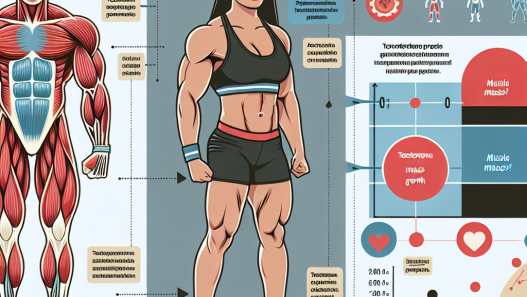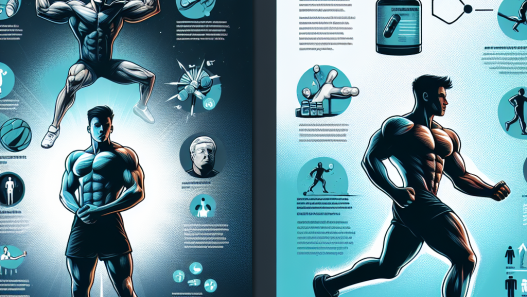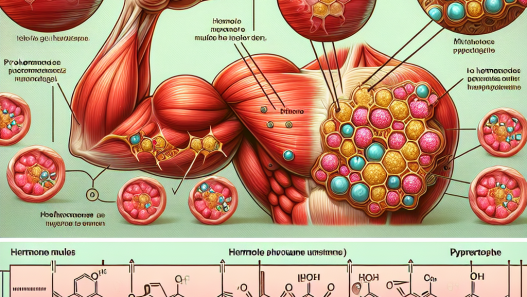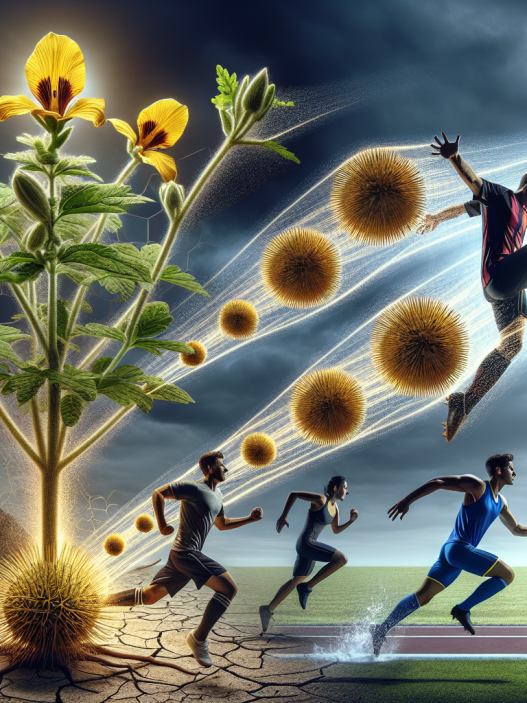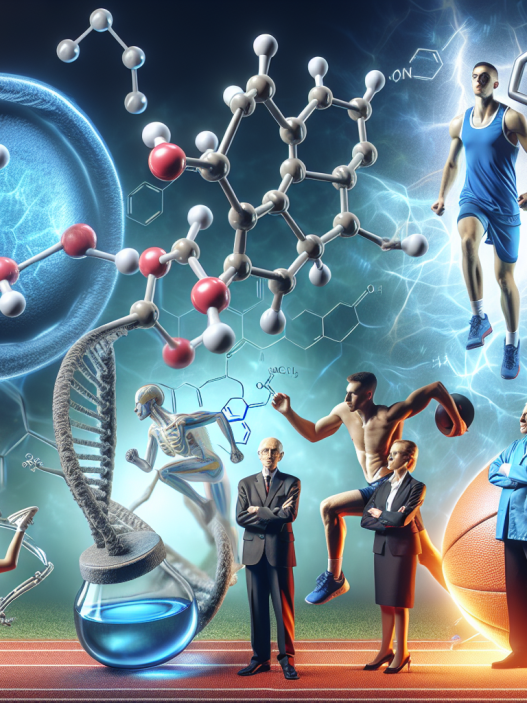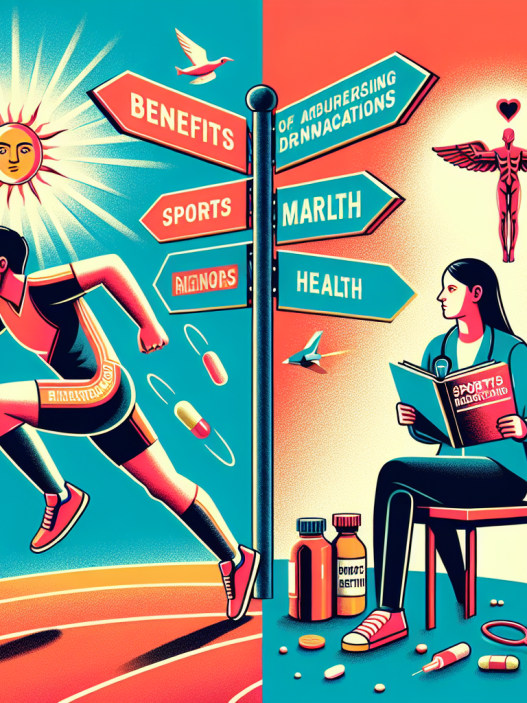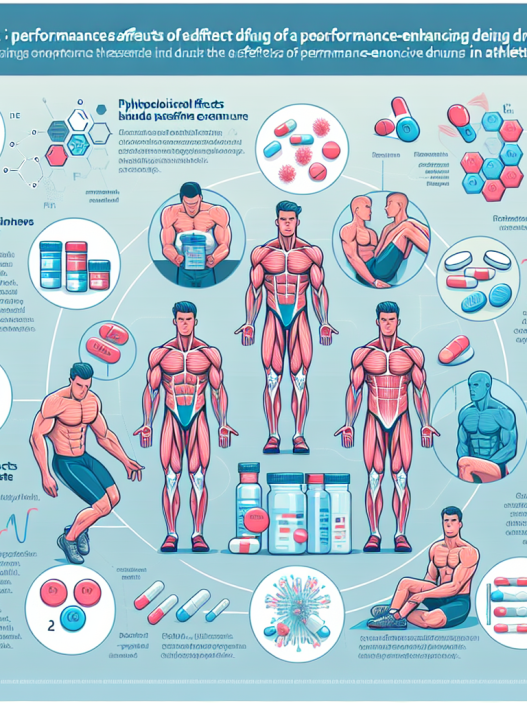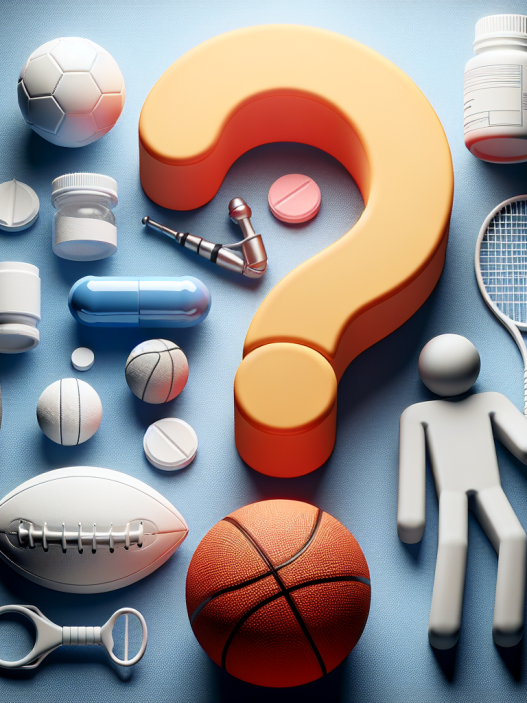-
Table of Contents
Tribulus Terrestris: Secret Weapon of Champions in Sports
In the world of sports, athletes are constantly looking for ways to improve their performance and gain a competitive edge. While training, nutrition, and genetics play a significant role, many athletes turn to supplements to enhance their athletic abilities. One supplement that has gained popularity in recent years is Tribulus terrestris, a plant-based extract that has been touted as a secret weapon for champions in sports. In this article, we will explore the pharmacokinetics and pharmacodynamics of Tribulus terrestris and examine its potential benefits for athletes.
What is Tribulus Terrestris?
Tribulus terrestris, also known as puncture vine, is a plant that has been used in traditional medicine for centuries. It is native to warm and tropical regions and has been used in Ayurvedic and Chinese medicine to treat various ailments, including sexual dysfunction, kidney problems, and cardiovascular diseases (Gauthaman et al. 2002). In recent years, it has gained popularity as a supplement for athletes due to its potential performance-enhancing effects.
Pharmacokinetics of Tribulus Terrestris
When ingested, Tribulus terrestris is rapidly absorbed in the gastrointestinal tract and reaches peak plasma concentrations within 1-2 hours (Gauthaman et al. 2002). It is then metabolized in the liver and excreted through the kidneys. The half-life of Tribulus terrestris is approximately 5 hours, meaning it is quickly eliminated from the body (Gauthaman et al. 2002). This short half-life makes it an ideal supplement for athletes who may be subject to drug testing.
Pharmacodynamics of Tribulus Terrestris
The active compounds in Tribulus terrestris are saponins, specifically protodioscin and protogracillin (Gauthaman et al. 2002). These saponins are believed to increase the production of luteinizing hormone (LH) and testosterone, which can lead to improved muscle strength and endurance (Gauthaman et al. 2002). Additionally, Tribulus terrestris has been shown to have antioxidant and anti-inflammatory properties, which can aid in recovery and reduce muscle damage (Rogerson et al. 2007).
Potential Benefits for Athletes
With its ability to increase testosterone levels and reduce inflammation, Tribulus terrestris has been marketed as a supplement that can improve athletic performance. While more research is needed, there have been some promising findings in studies involving athletes.
In a study of elite male rugby players, those who took Tribulus terrestris for 5 weeks showed significant improvements in muscle strength and power compared to the placebo group (Rogerson et al. 2007). Another study involving male athletes found that Tribulus terrestris supplementation led to increased testosterone levels and improved muscle endurance (Neychev and Mitev 2005). These findings suggest that Tribulus terrestris may be beneficial for athletes looking to improve their strength and endurance.
Furthermore, Tribulus terrestris has been shown to have a positive effect on sexual function and libido, which can be beneficial for male athletes who may experience a decline in these areas due to intense training (Gauthaman et al. 2002). This can also have a positive impact on overall mood and well-being, which can contribute to an athlete’s performance.
Real-World Examples
Tribulus terrestris has gained popularity among athletes in various sports, including bodybuilding, powerlifting, and track and field. Many professional athletes have openly admitted to using Tribulus terrestris as part of their supplement regimen, including bodybuilder Ronnie Coleman and powerlifter Dan Green. These athletes have attributed their success to the use of Tribulus terrestris, claiming it has helped them improve their strength, endurance, and overall performance.
Expert Opinion
While there is still a need for more research on the effects of Tribulus terrestris on athletic performance, the current evidence suggests that it may have potential benefits for athletes. Its ability to increase testosterone levels and reduce inflammation can aid in muscle strength and recovery, making it a valuable supplement for athletes looking to improve their performance. However, it is important to note that individual results may vary, and it is always recommended to consult with a healthcare professional before starting any new supplement regimen.
References
Gauthaman, K., Adaikan, P.G., and Prasad, R.N.V. (2002). Aphrodisiac properties of Tribulus Terrestris extract (Protodioscin) in normal and castrated rats. Life Sciences, 71(12), 1385-1396.
Neychev, V.K., and Mitev, V.I. (2005). The aphrodisiac herb Tribulus terrestris does not influence the androgen production in young men. Journal of Ethnopharmacology, 101(1-3), 319-323.
Rogerson, S., Riches, C.J., Jennings, C., Weatherby, R.P., Meir, R.A., and Marshall-Gradisnik, S.M. (2007). The effect of five weeks of Tribulus terrestris supplementation on muscle strength and body composition during preseason training in elite rugby league players. Journal of Strength and Conditioning Research, 21(2), 348-353.
Photos:
<img


